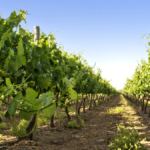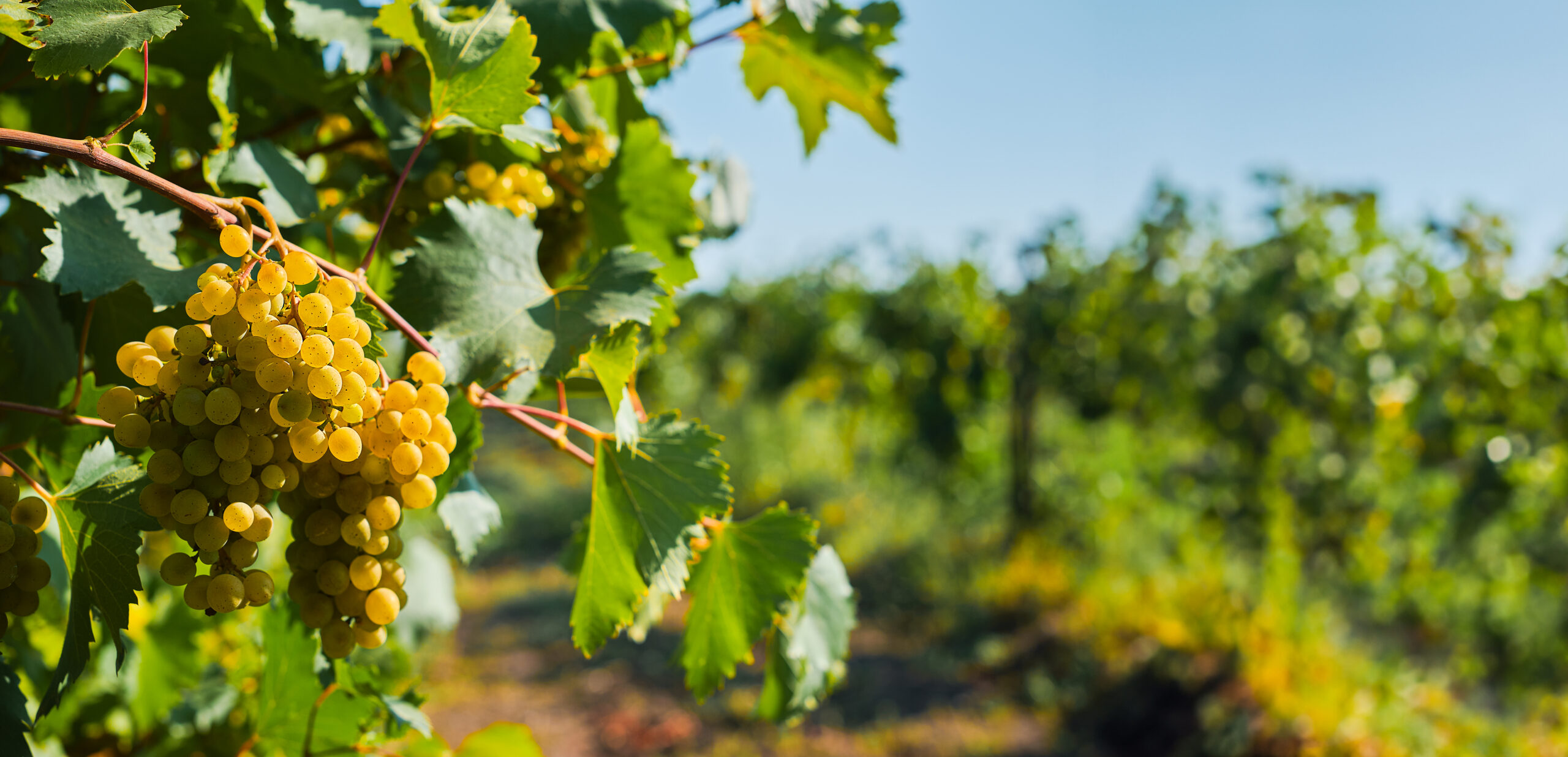Table of Contents
Behind every healthy vine and successful harvest are the vineyard workers whose skill, dedication, and endurance make great wine possible. At Clendenen Vineyard Management, we believe that empowering our workforce through education, safety, and respect isn’t just good practice — it’s the foundation of quality vineyard management and long-term sustainability.
The Heart of the Vineyard: Skilled and Valued Workers
In today’s wine industry, vineyard workers play a critical role that extends far beyond manual labor. They are caretakers of the soil, protectors of vine health, and guardians of the harvest. Their precision in pruning, training, and picking directly impacts grape quality — and, ultimately, the wine that reaches your glass.
Unfortunately, their expertise often goes underappreciated. That’s why we’re committed to creating an environment where vineyard workers are trained, supported, and celebrated for their craftsmanship.
Why Training Matters in Modern Vineyard Management
Proper training ensures that every worker understands not only how to perform a task but also why it’s done a certain way. A well-trained team minimizes mistakes, prevents injuries, and boosts vineyard productivity.
At Clendenen Vineyard Management, our training programs cover every stage of vineyard care:
- Vine health and pruning techniques — understanding vine balance and growth cycles
- Pest and disease recognition — identifying early signs of issues like powdery mildew
- Efficient irrigation and canopy management — optimizing water and sunlight distribution
- Harvest timing and fruit handling — ensuring quality control from vine to bin
Each of these areas demands precision and knowledge — something only achieved through continuous training and mentorship.
Safety: Protecting Those Who Protect the Vines
Safety isn’t optional in the vineyard; it’s essential. The nature of vineyard work — outdoor exposure, use of machinery, and handling of agricultural materials — requires rigorous attention to health and safety standards.
Our safety practices include:
- Personal Protective Equipment (PPE): Ensuring all vineyard workers have access to gloves, eyewear, and proper clothing.
- Machinery & Equipment Training: Regular sessions to promote safe handling of tractors, sprayers, and tools.
- Heat and Hydration Awareness: Educating crews about hydration, rest periods, and recognizing signs of heat stress.
- Chemical Handling Education: Comprehensive instruction on the safe use and storage of agricultural sprays and fertilizers.
We believe that when vineyard workers feel secure and valued, their productivity and morale flourish — and so does the vineyard.
Building Long-Term Skills and Leadership
Empowerment also means helping vineyard workers grow beyond their current roles. We encourage leadership development by promoting experienced workers into supervisory positions and offering cross-training in equipment operation, vineyard planning, and even administrative coordination.
This not only strengthens our internal team but also contributes to a more professional and respected workforce across California’s wine industry.
At Clendenen Vineyard Management, we see every vineyard worker as a partner in our success — not just an employee.
A Culture of Respect and Collaboration
As a Latino family-owned business, Clendenen Vineyard Management takes immense pride in fostering a workplace culture grounded in mutual respect, community, and dignity. We recognize that sustainable viticulture isn’t just about preserving the land — it’s about uplifting the people who tend it.
By prioritizing education, safety, and empowerment, we create an environment where vineyard workers can take pride in their craft and share in the legacy of Sonoma County’s wine heritage.
Conclusion
Empowering vineyard workers is more than an internal policy — it’s a philosophy that shapes the future of viticulture. When workers are trained, safe, and supported, vineyards thrive, grapes improve, and communities grow stronger.
At Clendenen Vineyard Management, we’re dedicated to continuing this commitment through hands-on training, family values, and an unwavering respect for the people behind every harvest.






